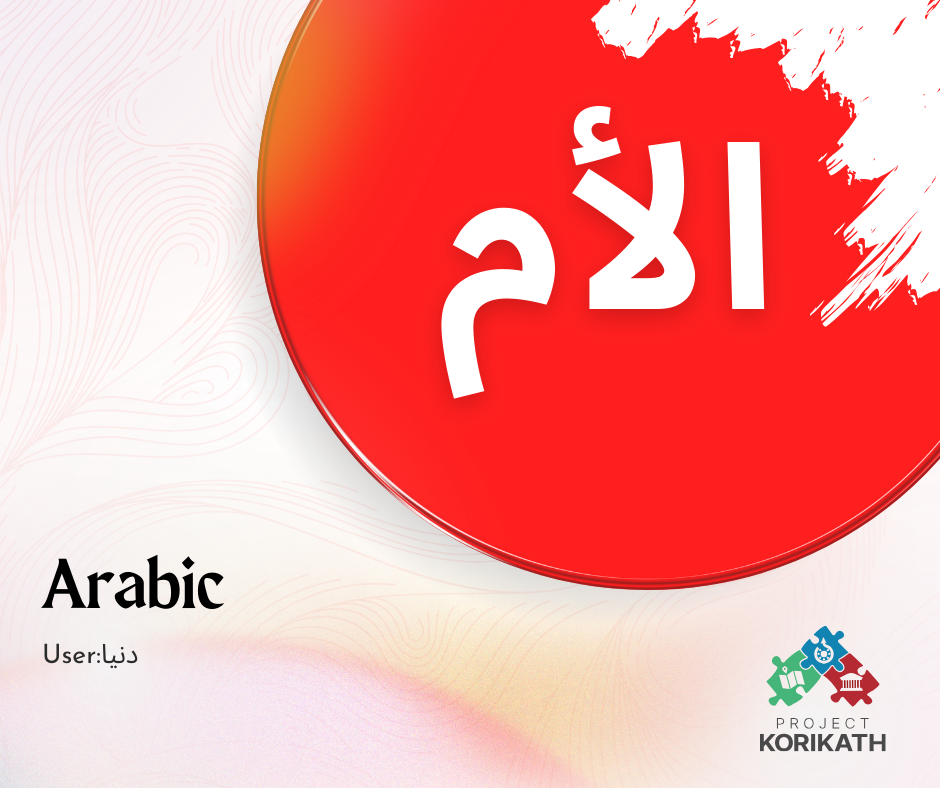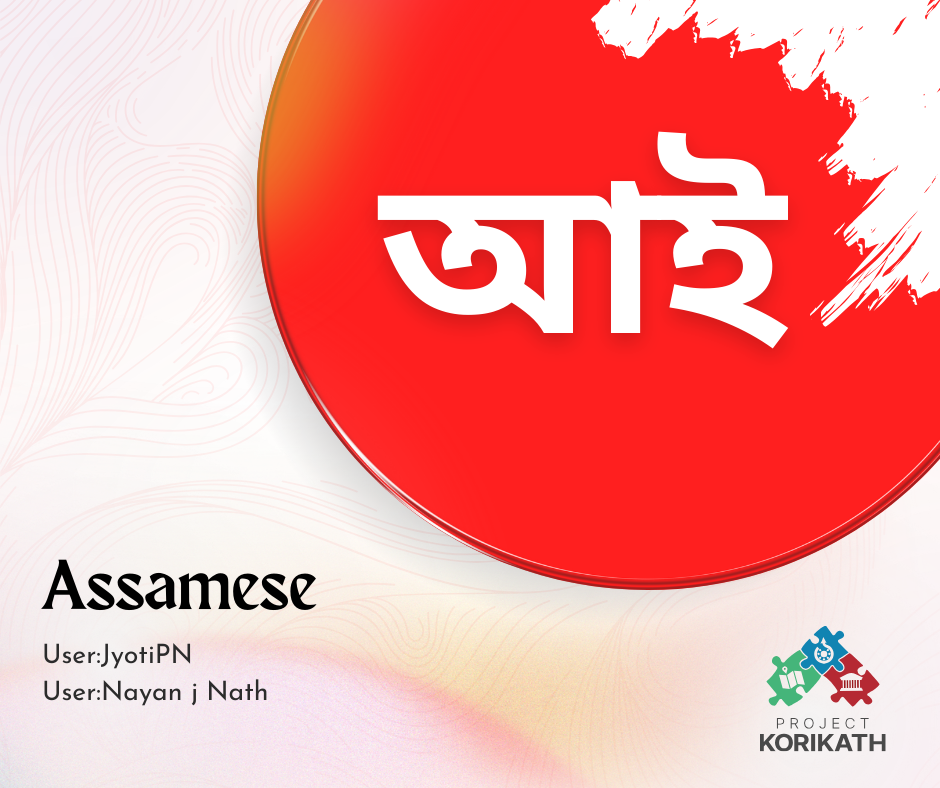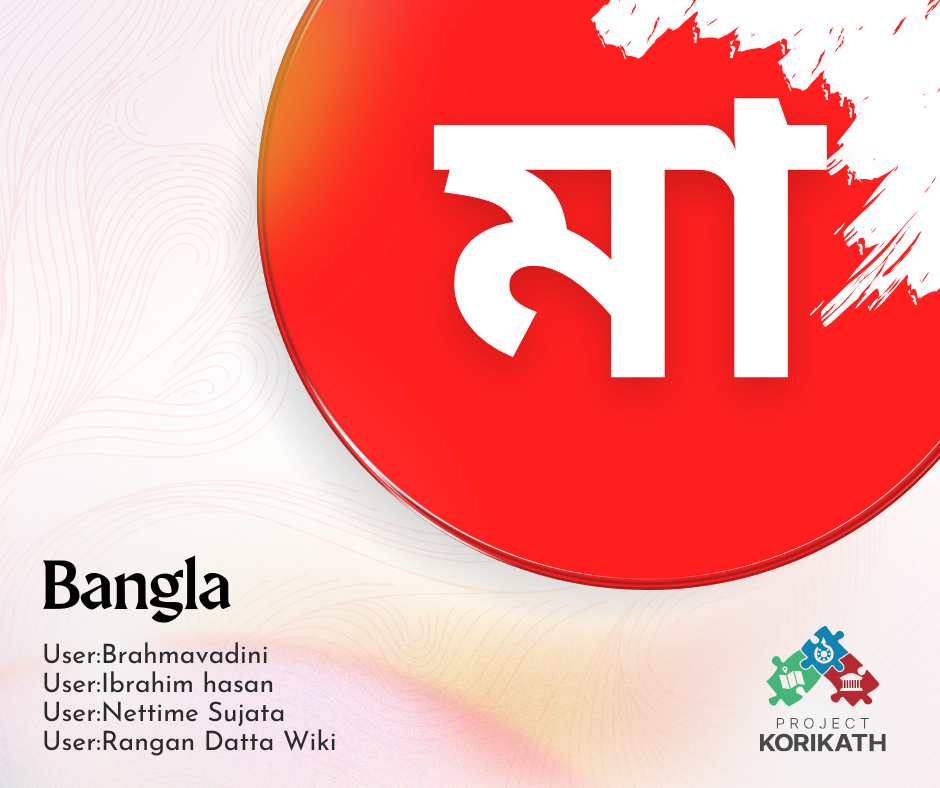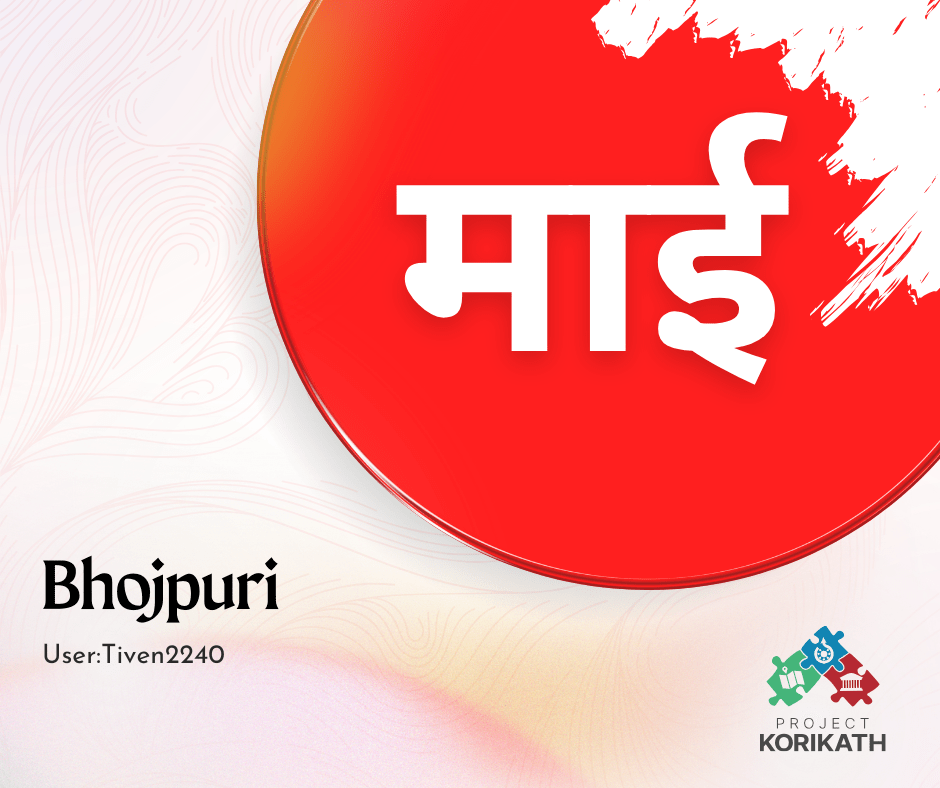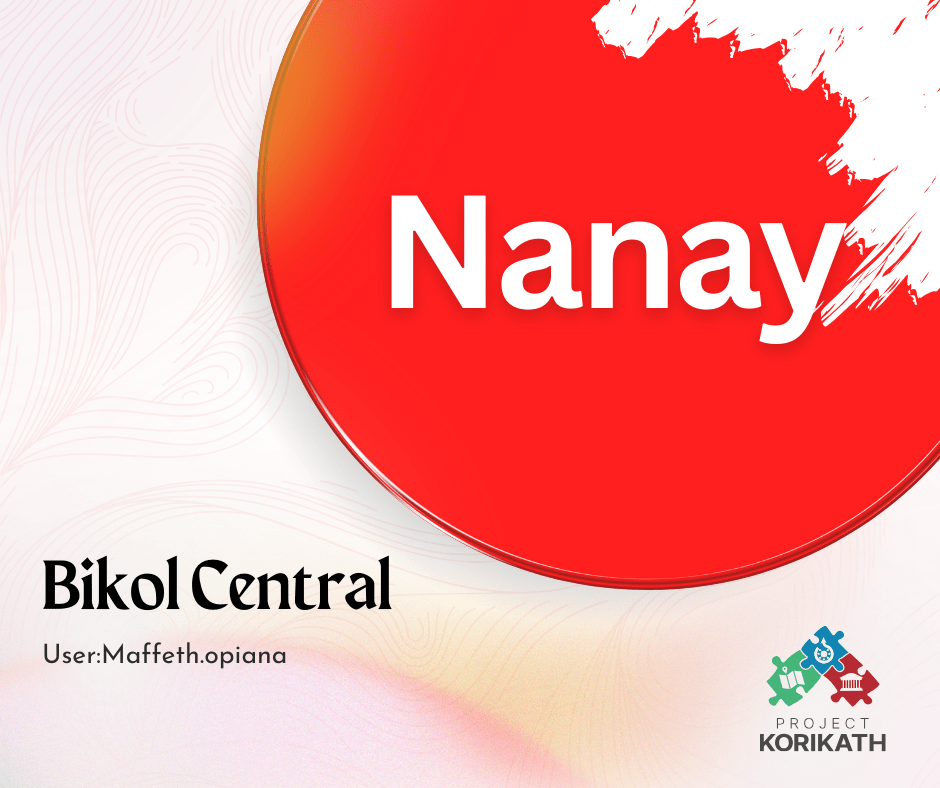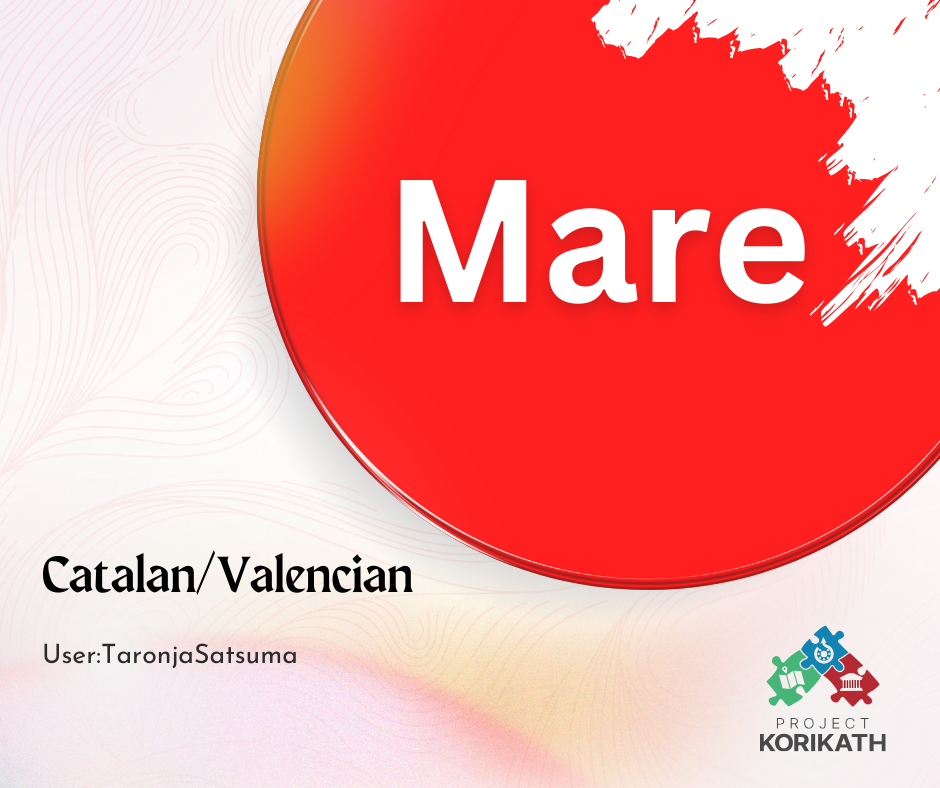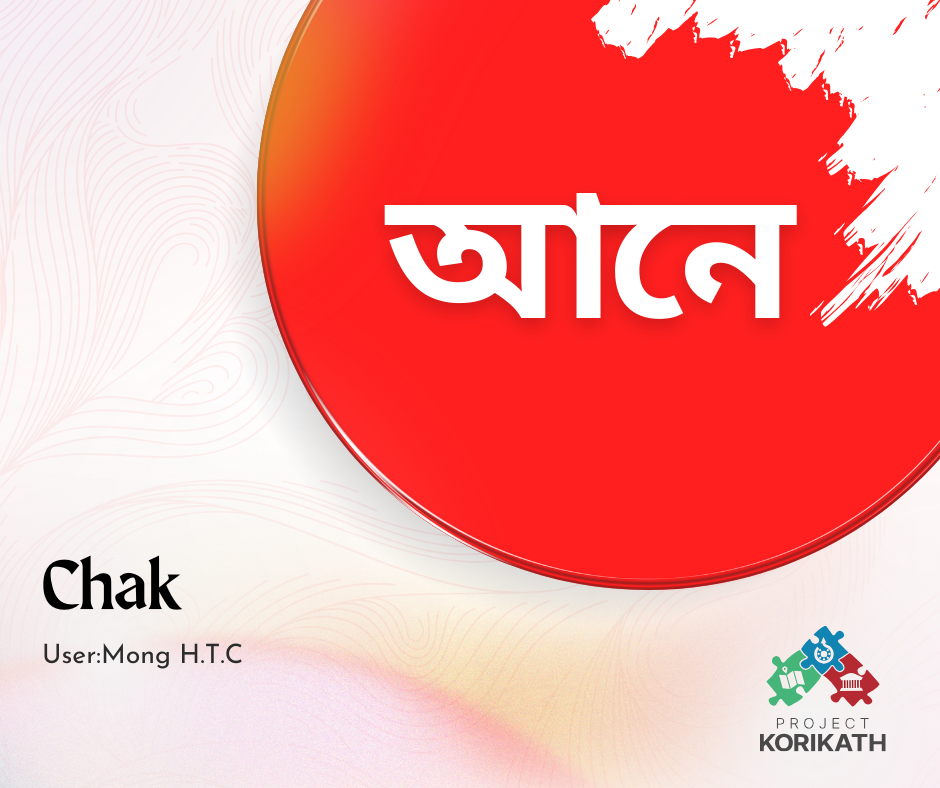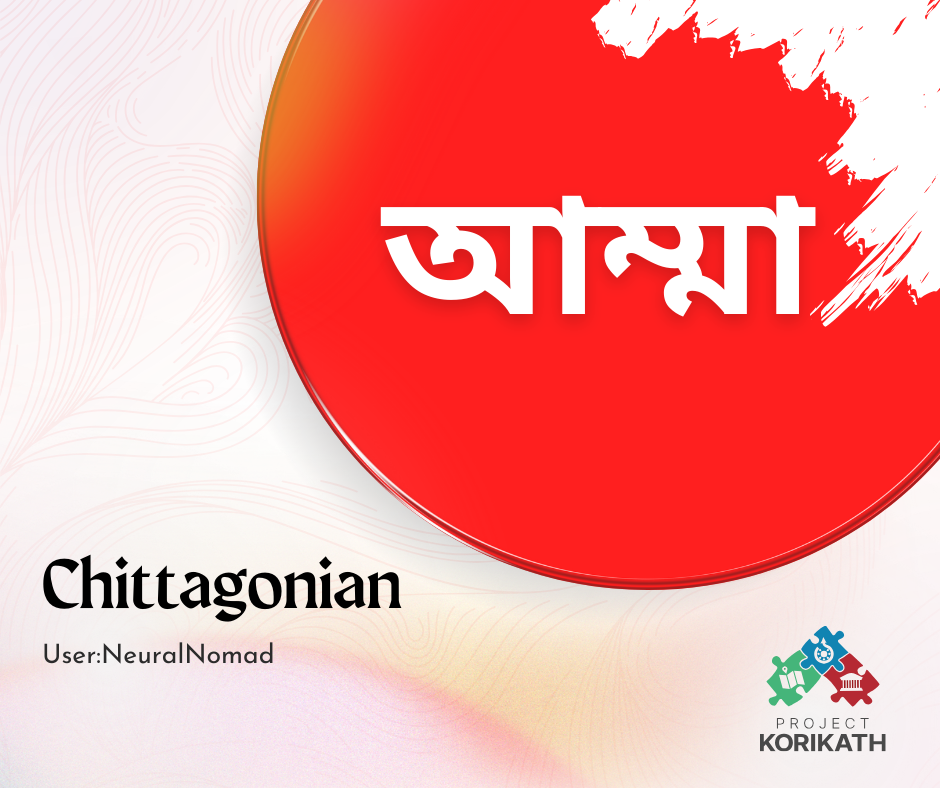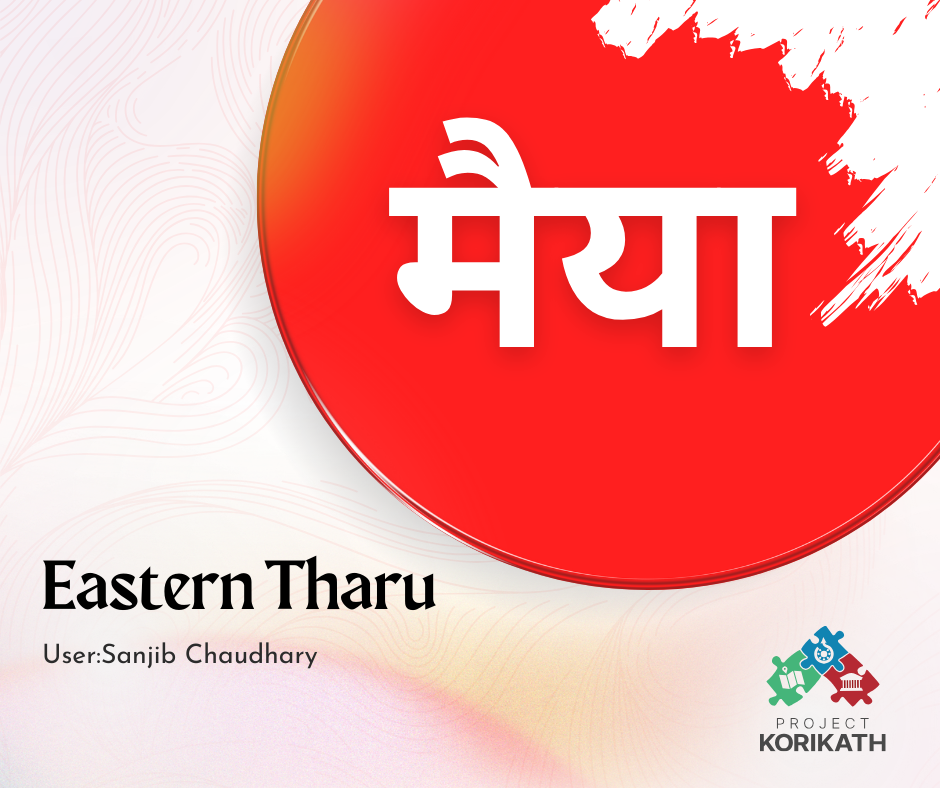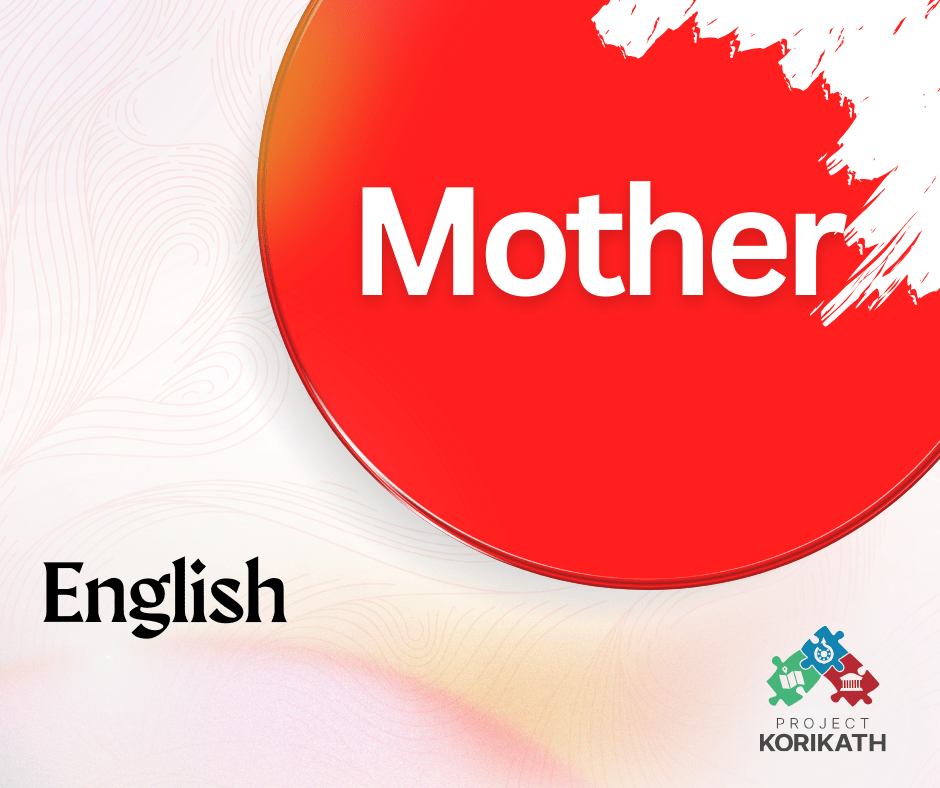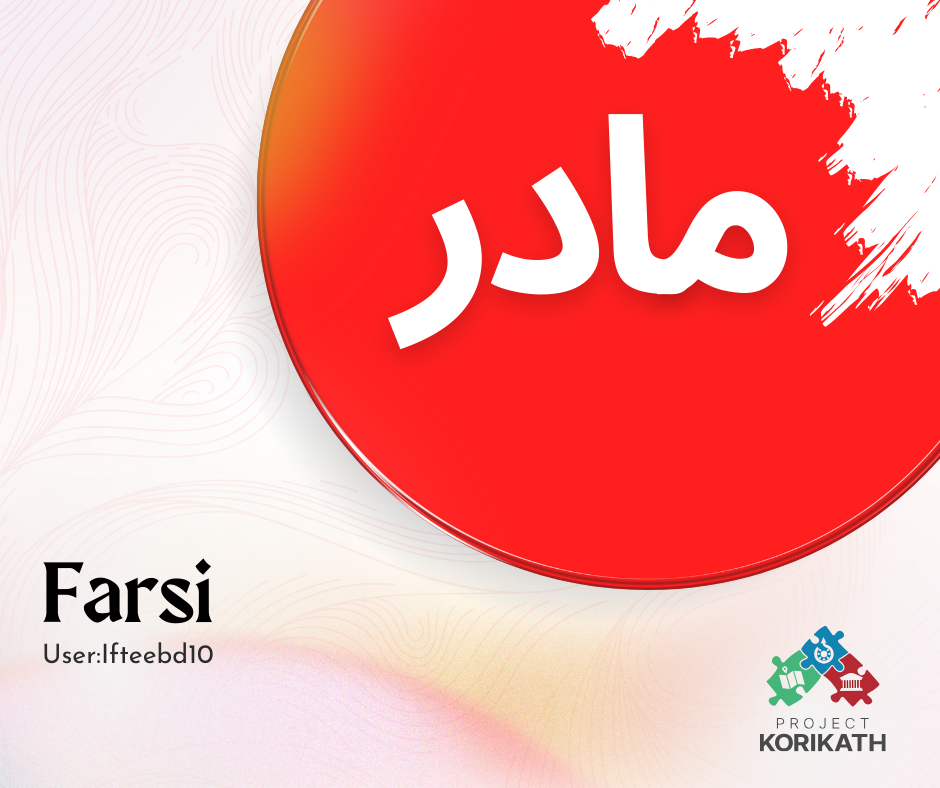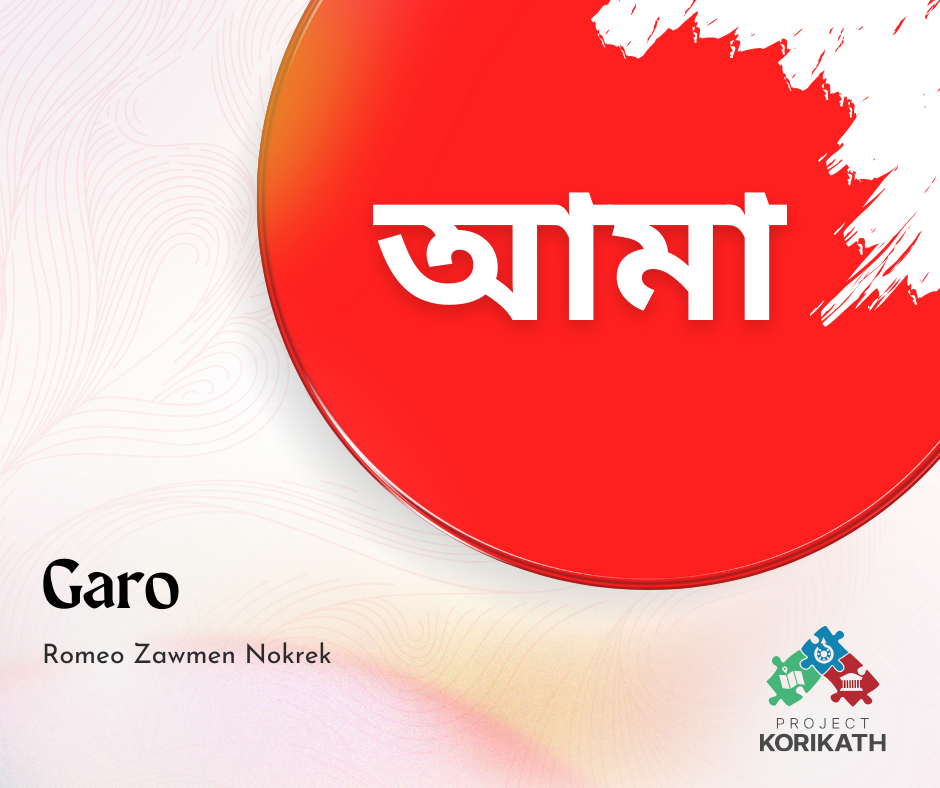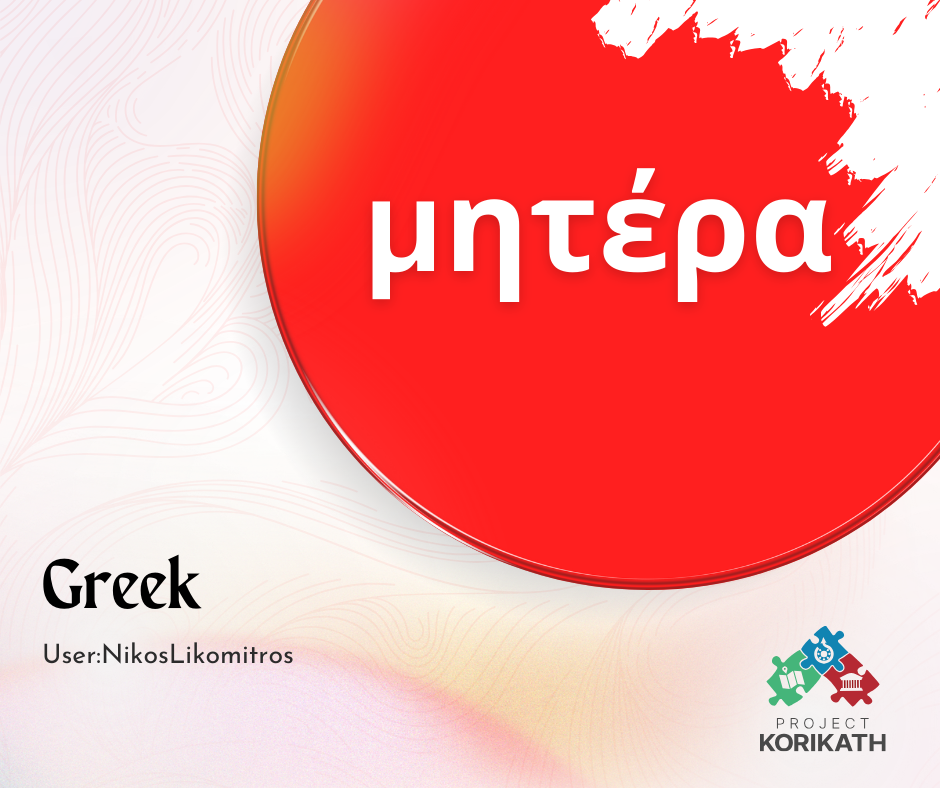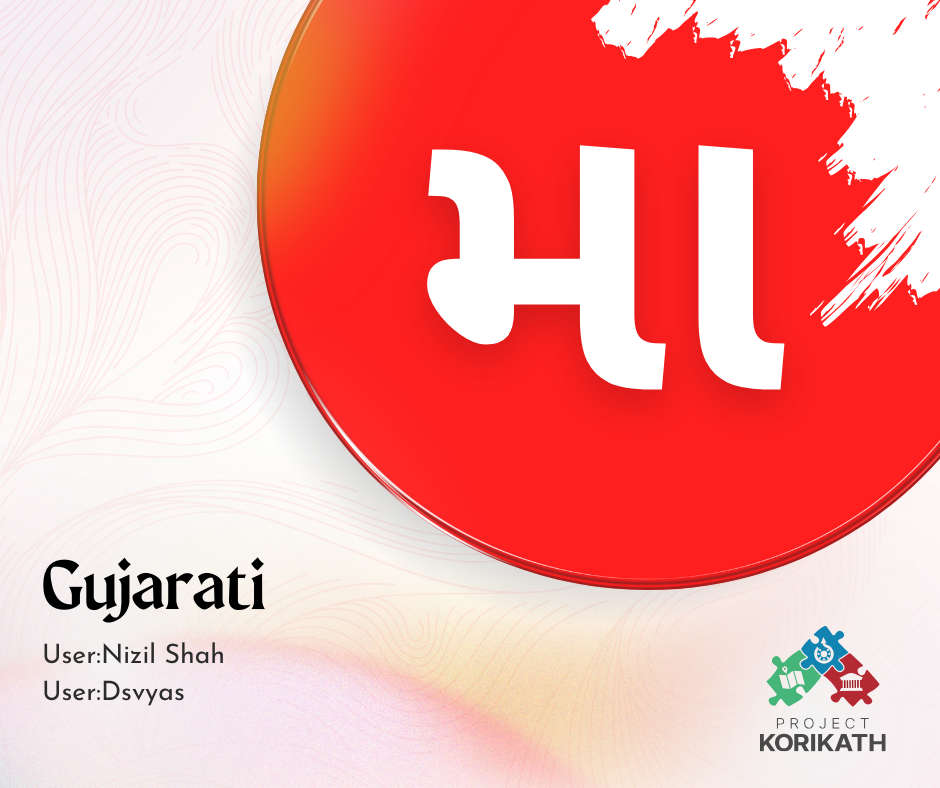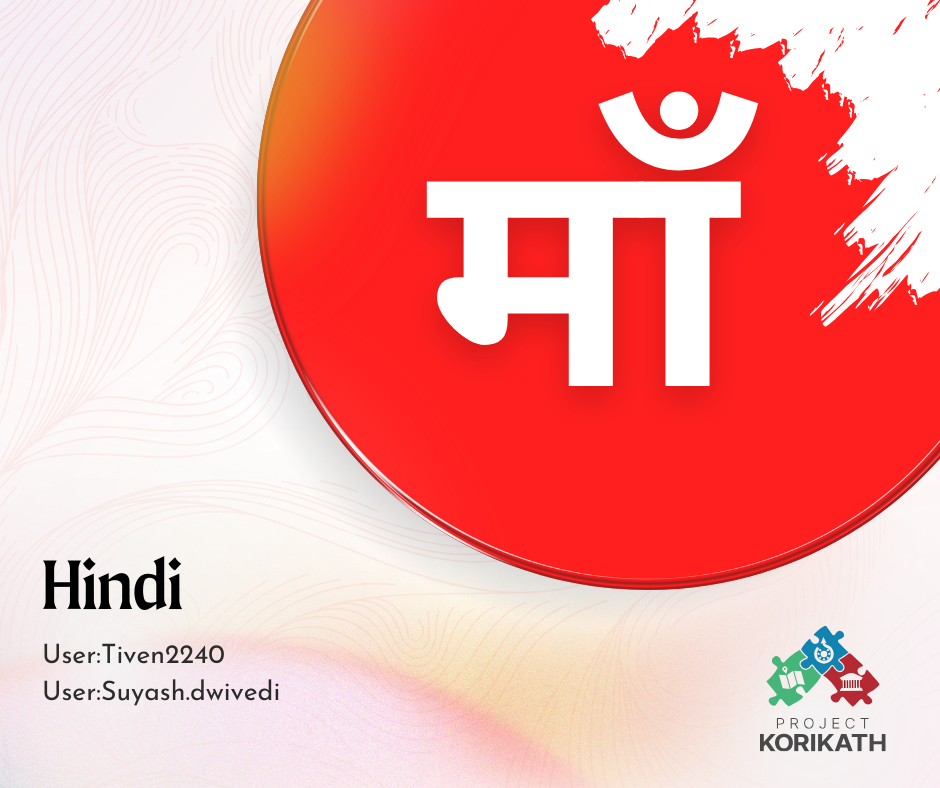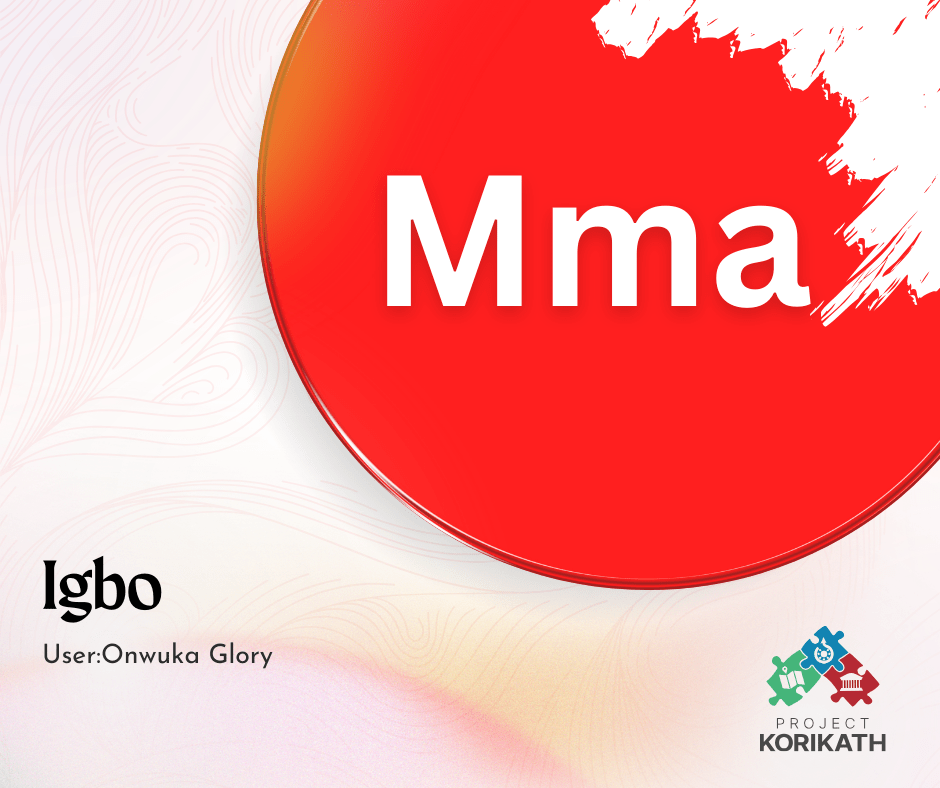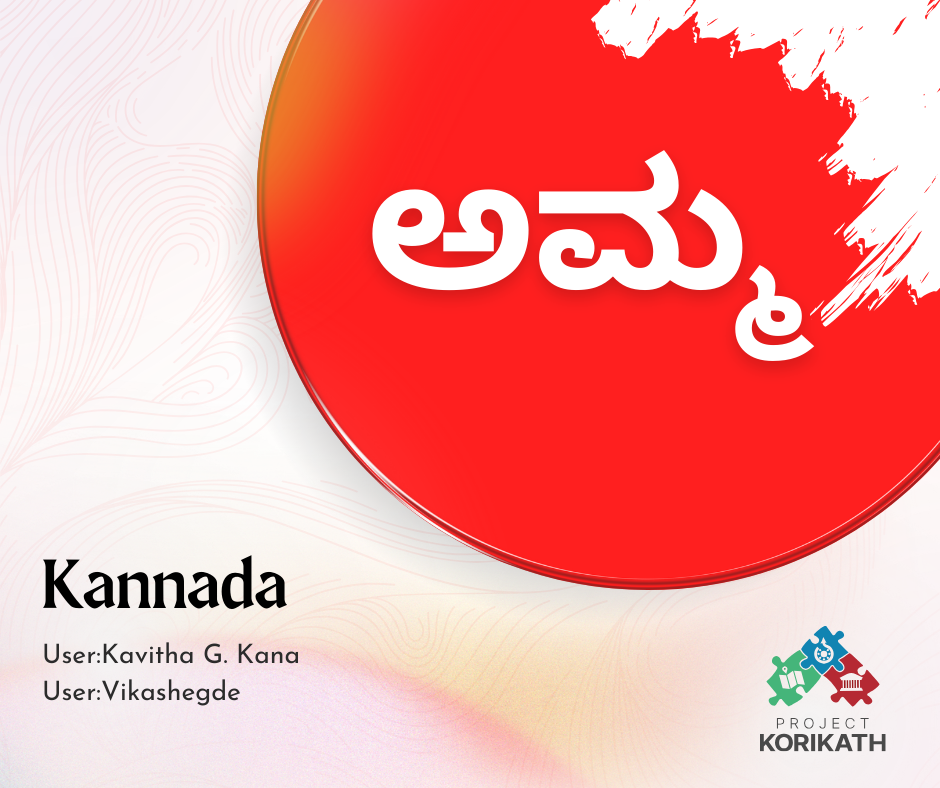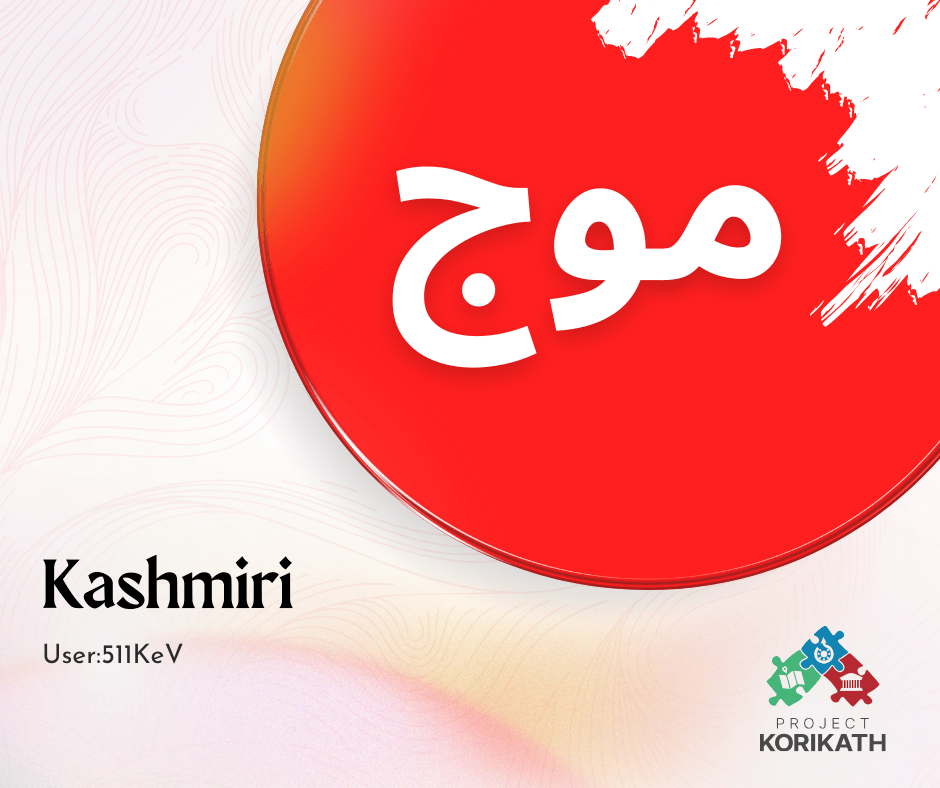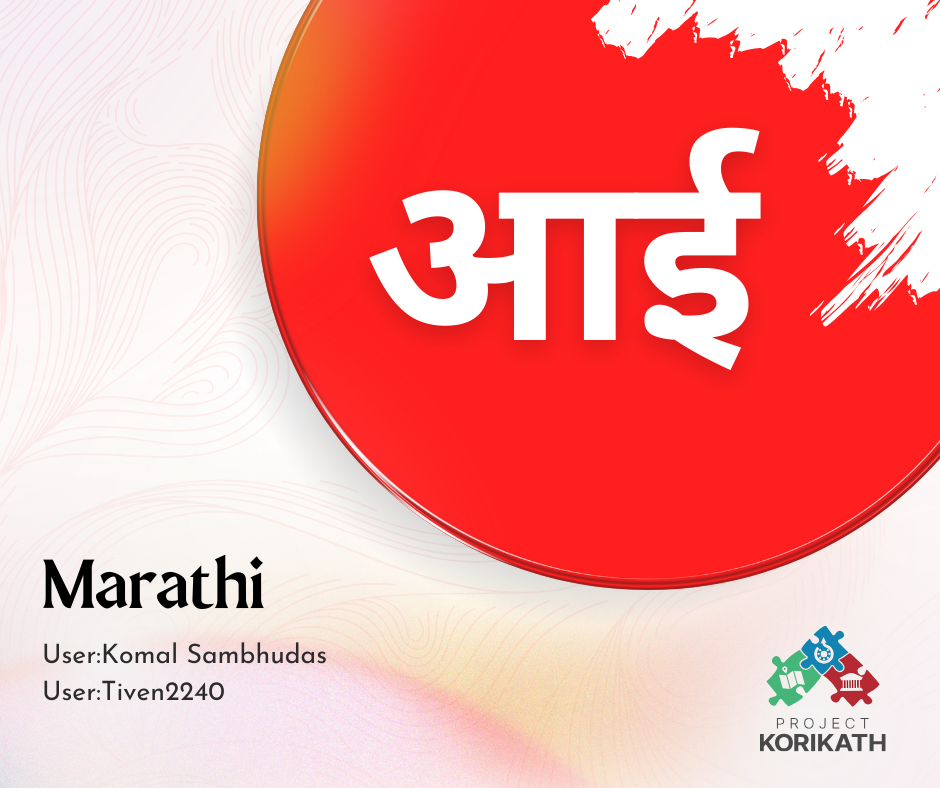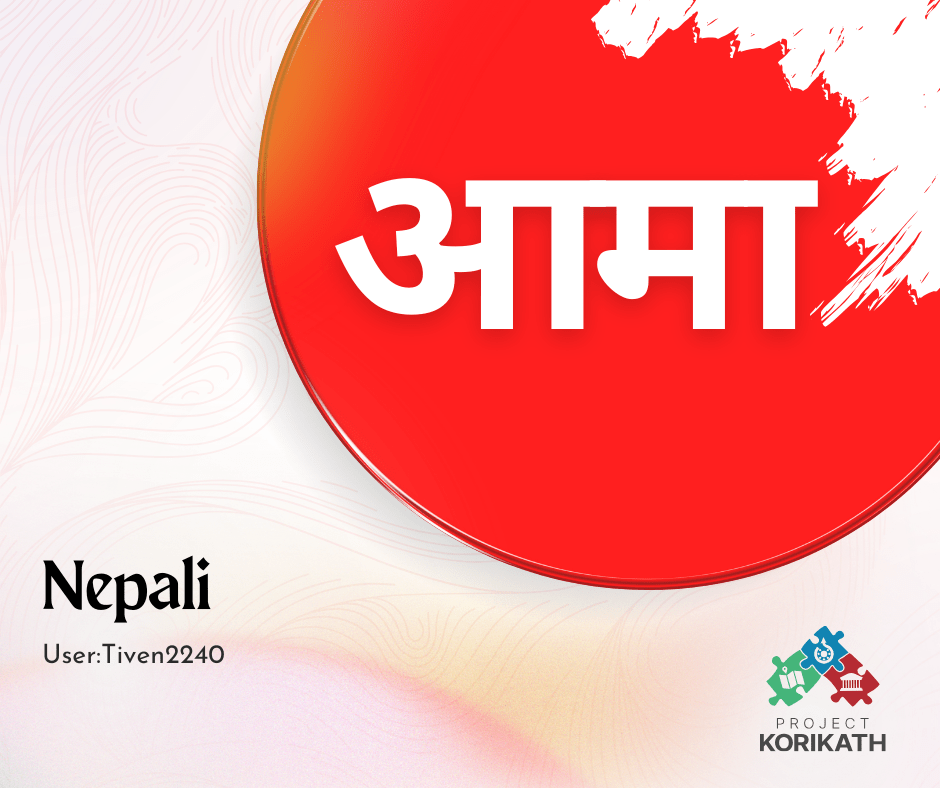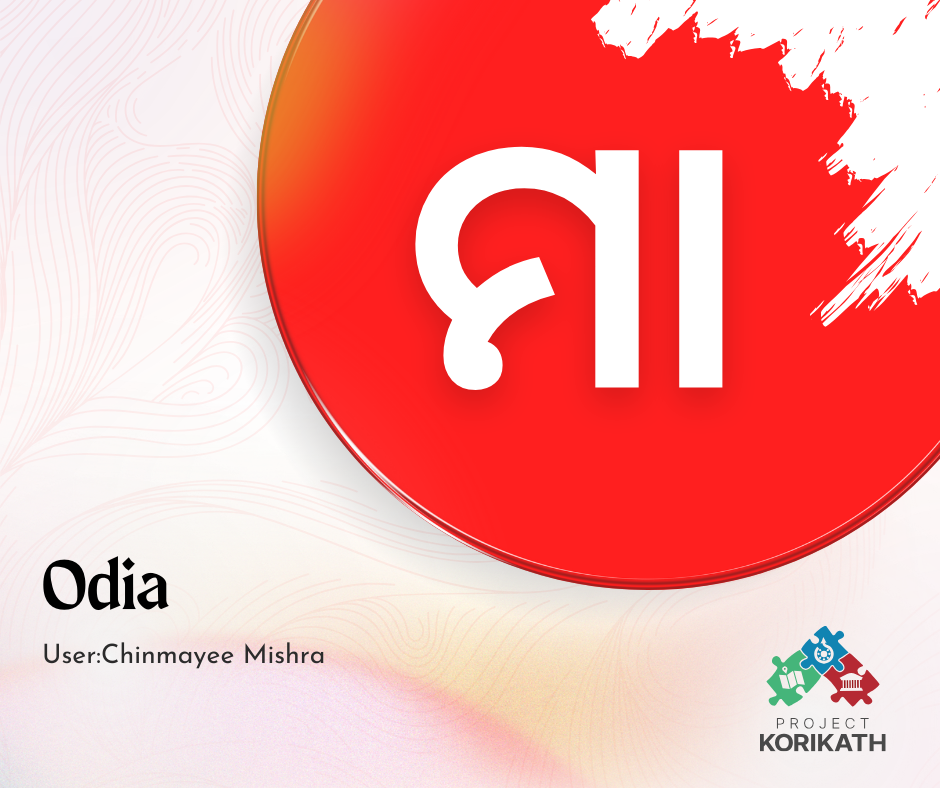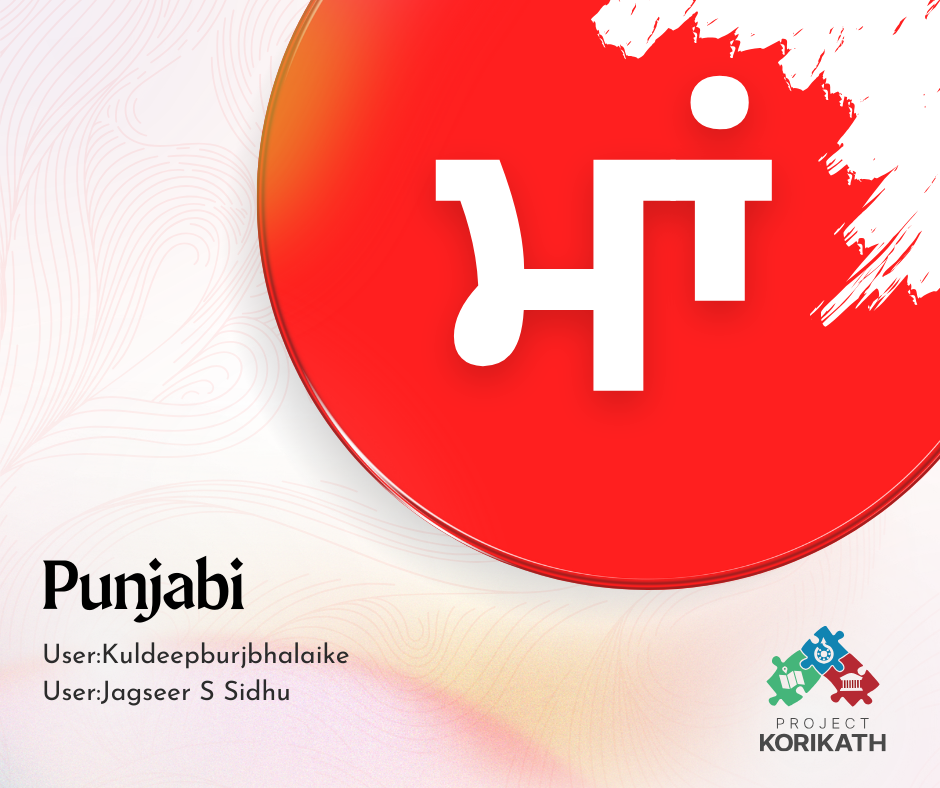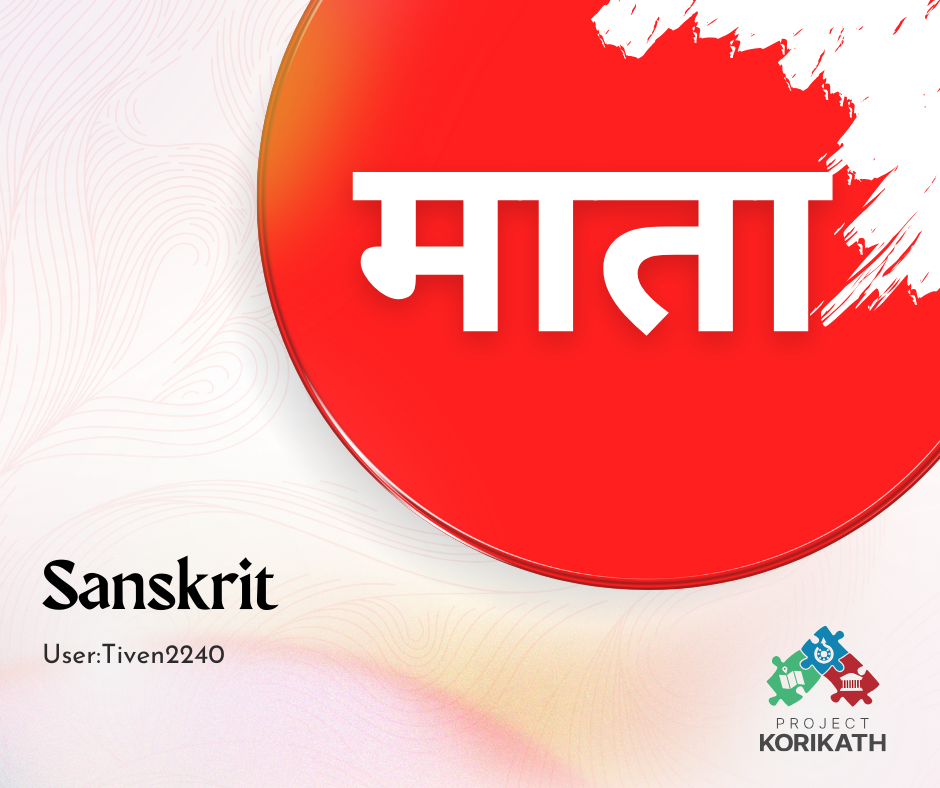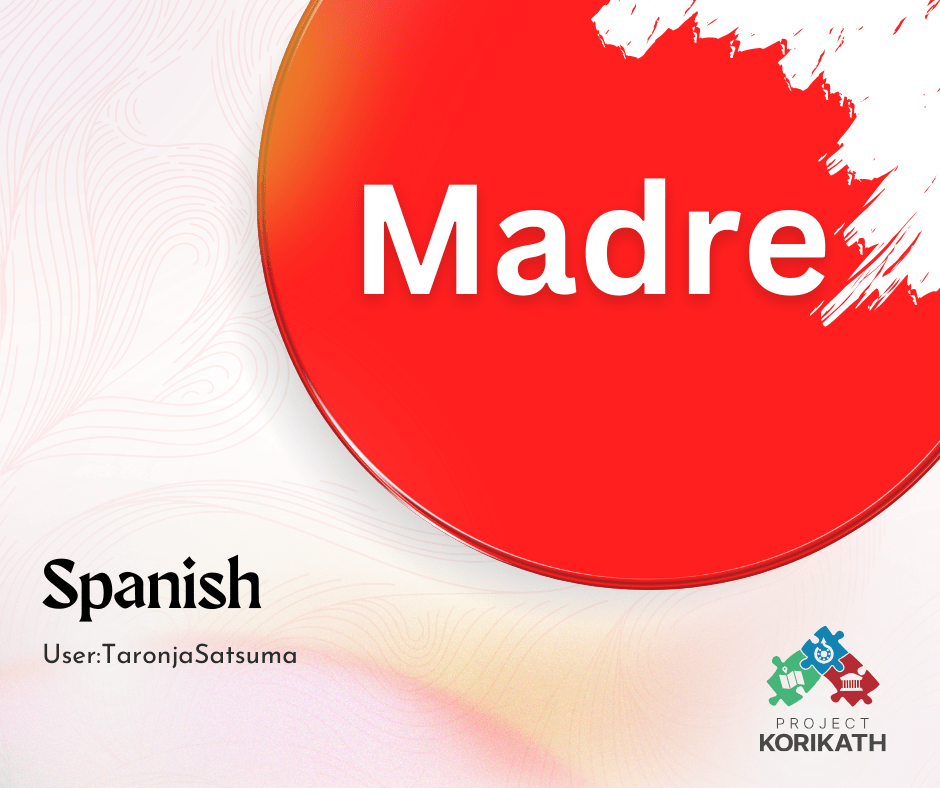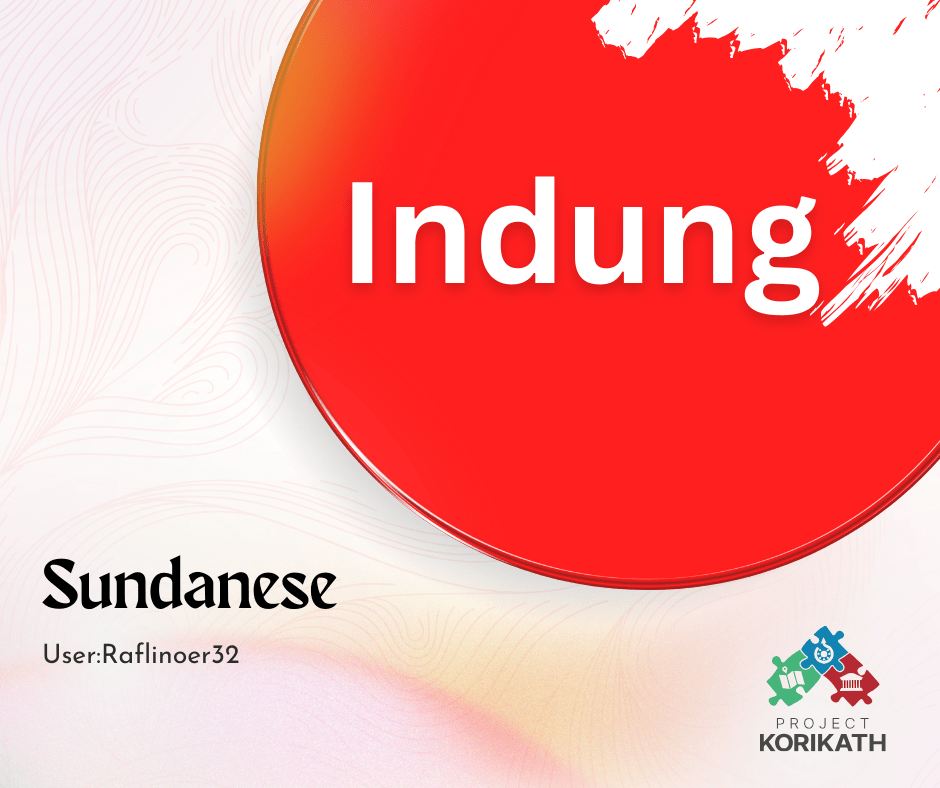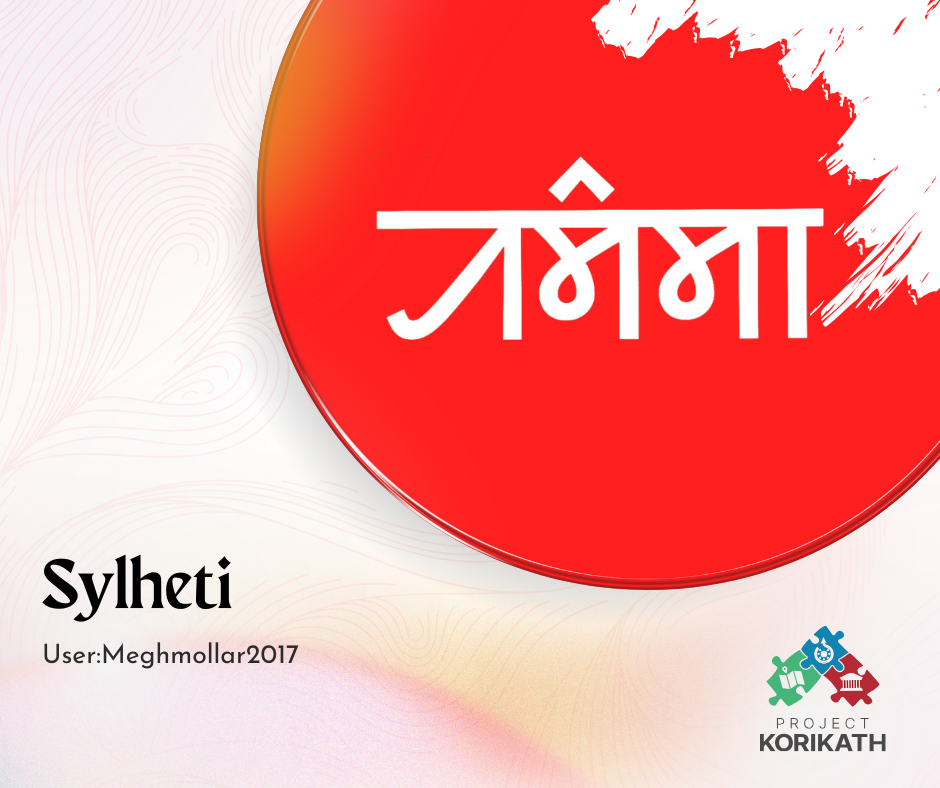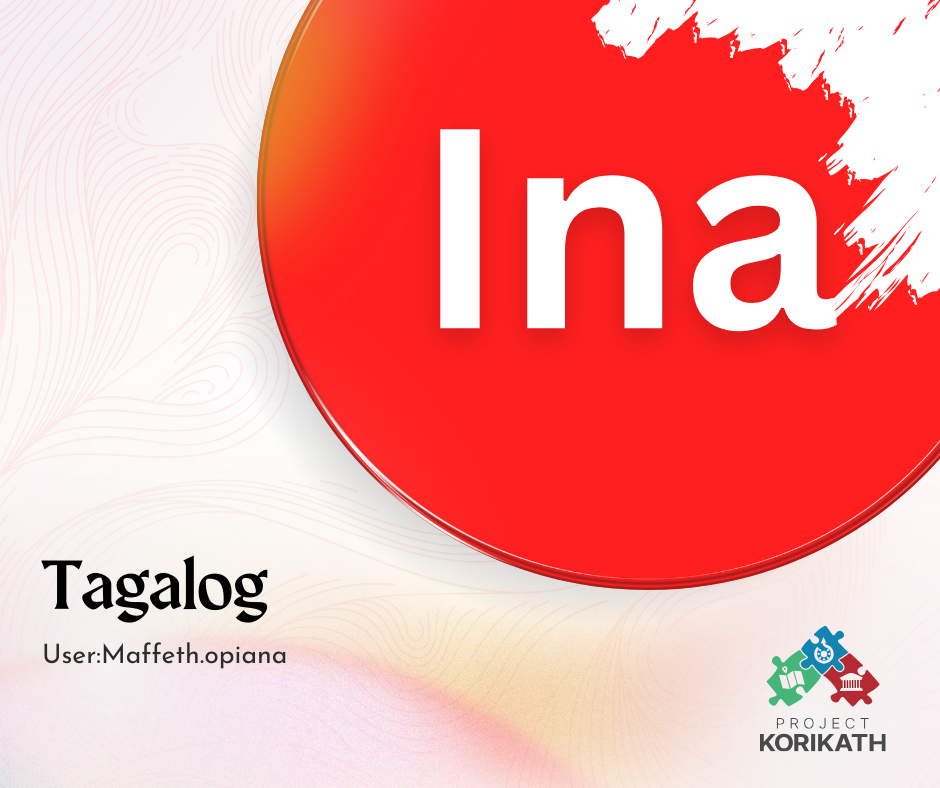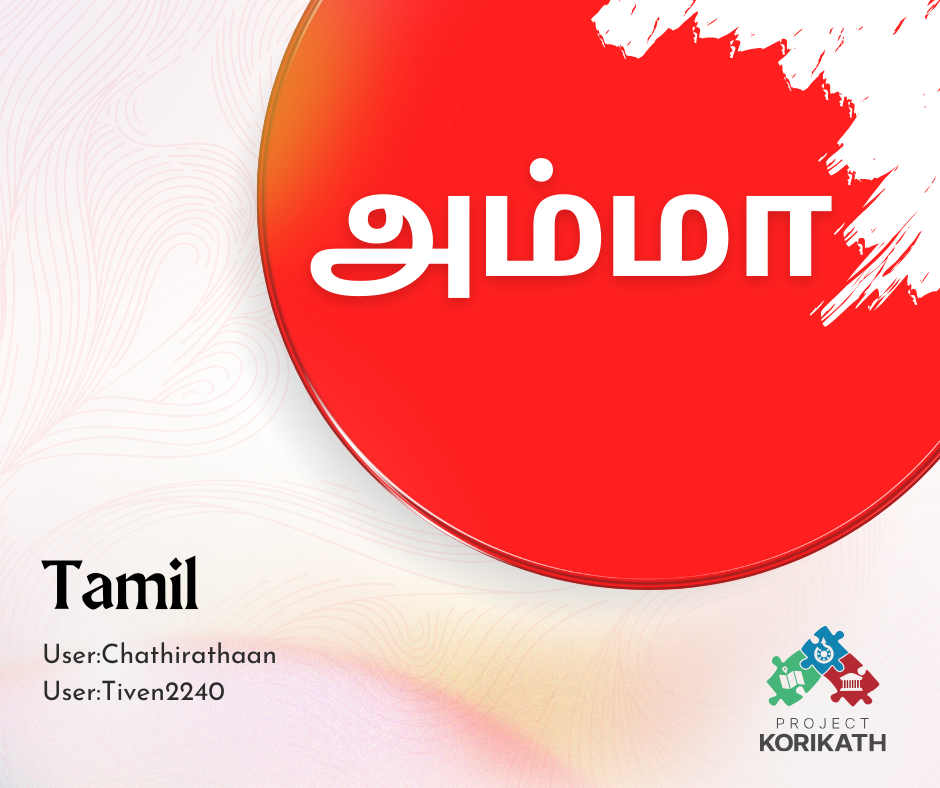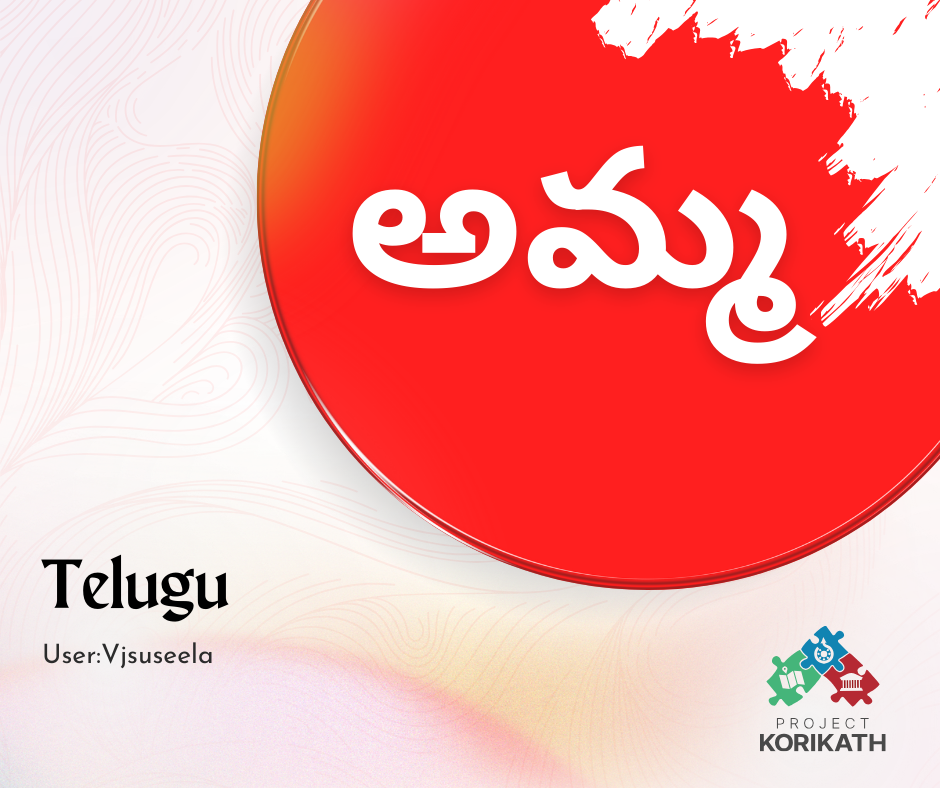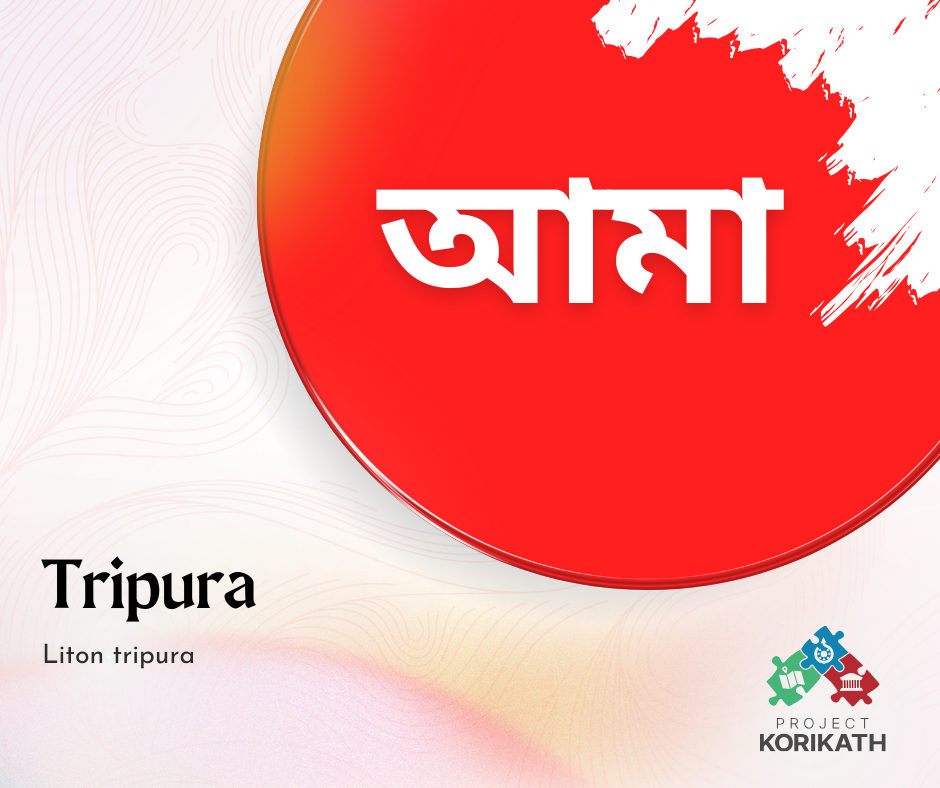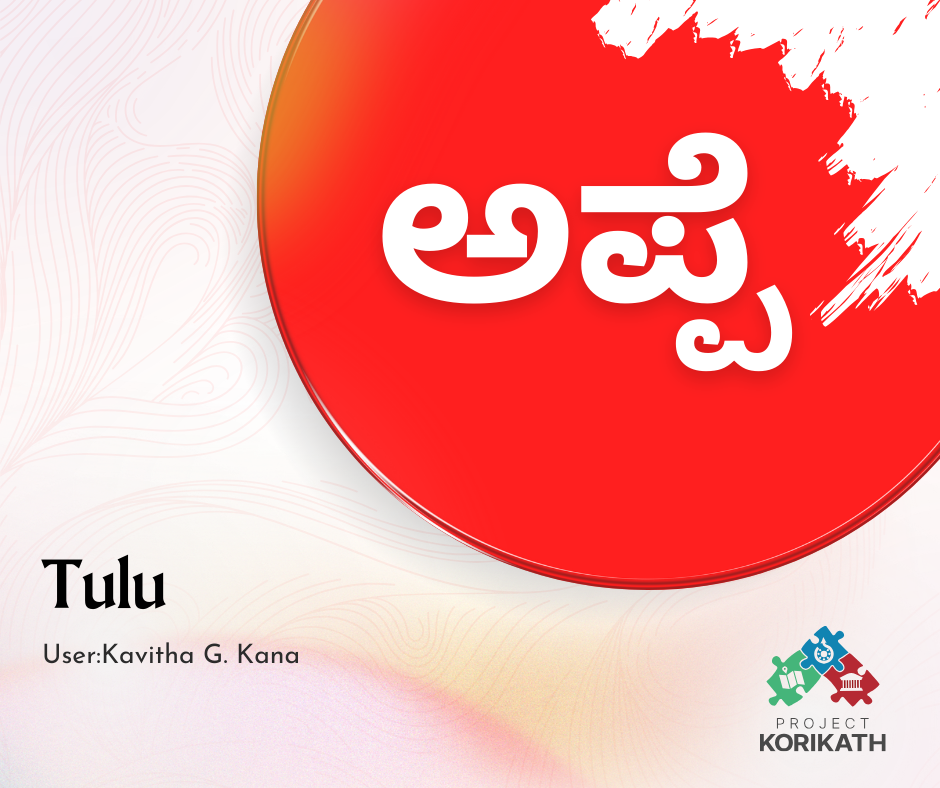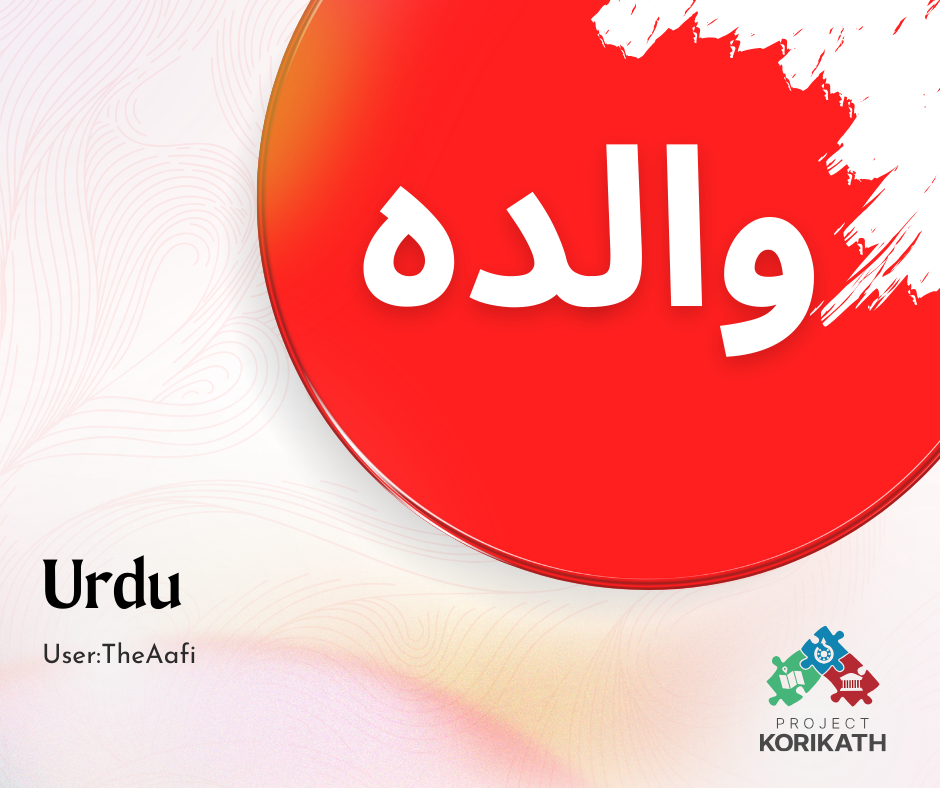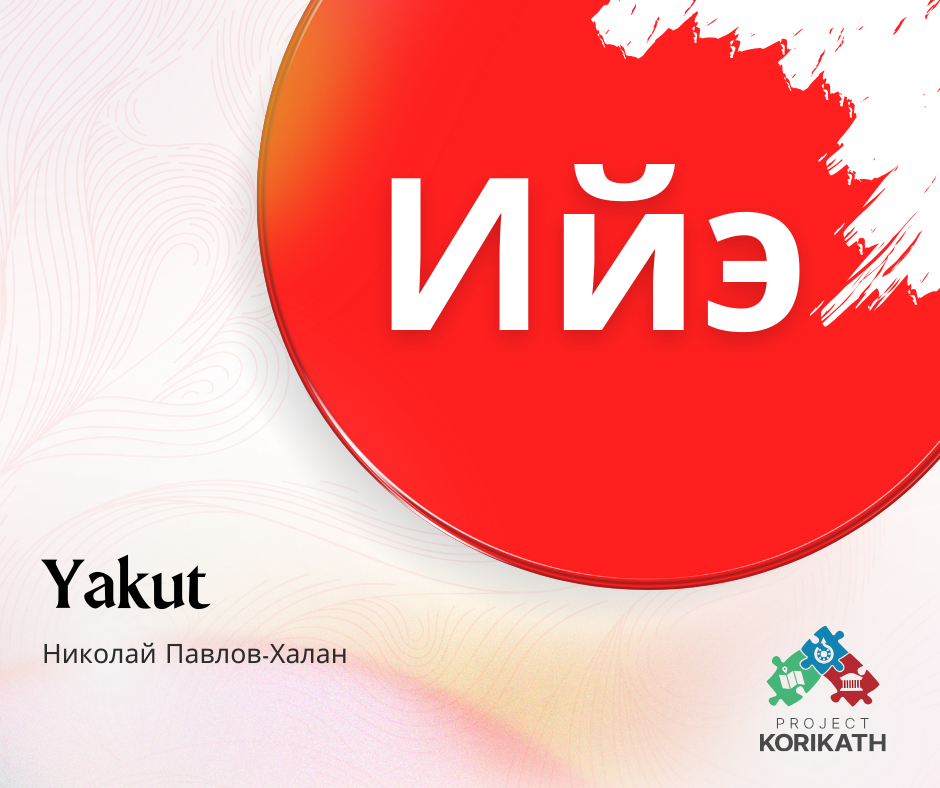21 February is widely celebrated as the International Mother Language Day globally. It is a day dedicated to the celebration of diversity in languages.
The core belief being that no language is superior to others, and everyone should have the freedom to communicate with the language of their choice.
Did you know?
The history of the International Mother Language Day can be traced back to the freedom struggle for the independence of Bangladesh. While UNESCO formalized the initiative in 1999, you need to read about the tragic past behind the date being “21 February” and not any other date.
To honor the sacrifices of the martyrs of our language movement in 1952 and uphold linguistic and cultural diversity, the contributors of Project Korikath took up the initiative to celebrate the International Mother Language Day.
The Idea
The idea was simple. We wanted to connect Wikimedians worldwide and seek their contribution to translate the word “Mother” in their native language. We would then compile the received translations and share them on the social handles of Project Korikath, and request our contributors to do the same.
The Process
The team started to share the idea on various wikimedia chat groups. We started to receive enthusiastic responses. There were some suggestions to utilise generative AI or Wikidata to collect the translations but we chose not to go down that route.
The priority lay in the process itself rather than the outcomes. We sought genuine human interaction, to encourage people to feel connected with their language, and then send us their translations. We wanted our audiences to sense the presence of real individuals behind the initiative.
Anyway, the formal announcement went live at 8:03 UTC. We distributed announcements across all accessible Wikimedia communication channels. Our inboxes began to flood with responses. Given our tight timeframe, we had to remain vigilant at every moment, documenting each response in real-time.
The situation became more challenging as I had my “Computer Architecture” exam the following day and most of my teammates were preparing for their undergraduate admission exam scheduled for 23 February. The team was visibly exhausted; some of us resorted to taking painkillers to get rid of the strain from the 12+ hour Wikimedia photowalk the previous day.
With time ticking away, our inboxes filled rapidly with responses as we compiled them while our graphics team crafted design templates. I had just a two-hour window to coordinate the team before starting for a tiresome 150 km journey to my university for the exam. Even while on the train, I continued to coordinate efforts remotely 😀
We accepted responses until 16 UTC, as specified in our announcement, leaving us with a tight timeframe of only eight hours. The social media posts began to go live from 16:33 UTC. You can check the rest in the output itself!
What we got!
Find the posts in all our social media handles:
You can browse the graphics in the following slideshow that includes inputs from Wikimedians from all over the world and were shared in Project Korikath social media handles. (Images by Project Korikath, CC BY SA 4.0)

Can you help us translate this article?
In order for this article to reach as many people as possible we would like your help. Can you translate this article to get the message out?
Start translation
